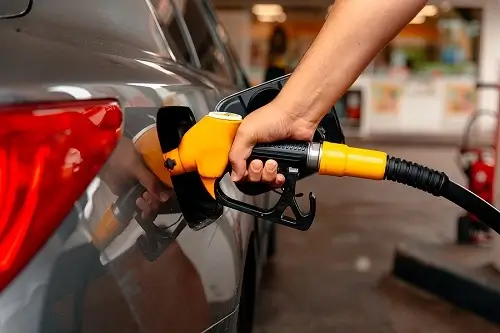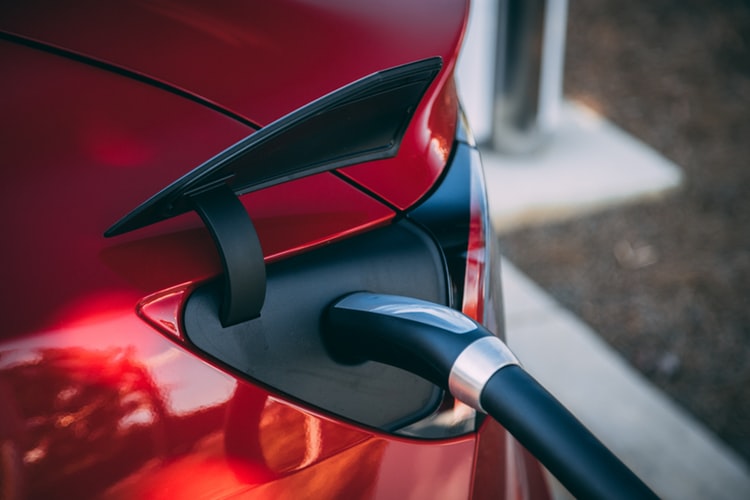Achieve Superior Fuel Efficiency Levels In today’s dynamic automotive landscape, the quest for superior fuel efficiency has become a prominent goal. It’s not just about saving money on fuel; it’s about embracing a more eco-conscious and sustainable approach to driving. To achieve Achieve Superior Fuel Efficiency Levels, one must explore advanced strategies and techniques aimed at achieving Achieve Superior Fuel Efficiency Levels. In this comprehensive guide, we’ll delve into the world of fuel efficiency and unveil Achieve Superior Fuel Efficiency Levels while discovering the secrets to Achieve Superior Fuel Efficiency Levels to achieve superior fuel efficiency levels.
Unlocking the World of Fuel Efficiency
Understanding Fuel Efficiency
Fuel efficiency is the art of optimizing energy usage to power our vehicles while minimizing fuel consumption, typically quantified in Miles Per Gallon (MPG). But it’s more than just a numerical figure; it represents a commitment to sustainability, economic responsibility, and a reduction in carbon emissions.
Fuel efficiency isn’t solely about reducing the financial burden at the gas pump; it’s about driving responsibly and contributing to a cleaner, more eco-conscious world. By embracing strategies for superior fuel efficiency, you not only reduce costs but also play a vital role in shaping a greener future.
Mastering the Art of Fuel Efficiency
Achieving superior fuel efficiency isn’t a one-size-fits-all solution; it’s a combination of advanced driving practices, meticulous vehicle maintenance, and informed choices. To embark on this journey, you’ll need to explore the universe of fuel efficiency and discover the strategies that lead to a superior fuel economy.
Tips for Enhanced Fuel Economy: Advanced Driving Techniques
**1. Smooth Acceleration and Deceleration
Advanced driving starts with maintaining a smooth, consistent driving style. Avoid aggressive acceleration and abrupt braking, as these actions lead to increased fuel consumption. Instead, strive for gradual and steady speed changes, allowing your vehicle’s engine to operate more efficiently and improve your gas mileage.
**2. Idle Time Reduction
Idling engines consume unnecessary fuel. Modern engines are designed to be more efficient when turned off and restarted. If you anticipate being stationary for more than a minute, consider turning off your engine, thus conserving fuel and reducing emissions.
**3. Strategic Air Conditioning Use
Air conditioning can be a significant contributor to fuel consumption. On hot days, consider using your vehicle’s ventilation system or opening windows as an alternative to running the air conditioner at full blast. On cooler days, minimize unnecessary use of the heater, as it can strain the engine and reduce fuel efficiency.
**4. Moderate Speeds for Optimal Efficiency
Higher speeds lead to increased aerodynamic drag, which can negatively impact fuel efficiency. Maintaining a moderate speed, especially on highways, can significantly boost your MPG. Avoid excessive speeding, and you’ll experience a noticeable improvement in fuel efficiency.
**5. Smart Trip Planning
Efficient trip planning is a dual benefit, saving both time and fuel. Combine errands and select the shortest routes to reduce your overall mileage and fuel consumption. GPS and navigation apps can help you find the most fuel-efficient routes to your destination.
Superior Fuel Efficiency Through Vehicle Maintenance and Modifications
**1. Tire Maintenance and Low-Resistance Tires
Tire maintenance is a cornerstone of fuel efficiency. Underinflated tires increase rolling resistance, forcing your engine to work harder. Ensure your tires are properly inflated and consider investing in low-rolling-resistance tires to reduce friction between the tires and the road.
**2. Weight Reduction
Extra weight in your vehicle demands more fuel consumption. Remove unnecessary items from your vehicle and avoid carrying heavy loads on roof racks, which increase aerodynamic drag. A lighter vehicle requires less energy to move, thus enhancing fuel efficiency.
**3. Engine Health and Maintenance
Routine engine maintenance is critical for superior fuel efficiency. A well-maintained engine with clean air filters, spark plugs, and well-functioning components operates more efficiently, leading to fuel savings. Don’t overlook oil changes and adhere to your vehicle manufacturer’s recommended maintenance schedule.
**4. Aerodynamic Enhancements
Investing in aerodynamic improvements such as air dams and spoilers can optimize your vehicle’s airflow, reducing drag. These modifications can lead to substantial fuel savings by improving fuel efficiency.
Boosting Vehicle Fuel Efficiency Through Technology
**1. Cruise Control for Steady Speeds
Cruise control is a valuable tool for maintaining a consistent speed, especially on long highway journeys. It prevents unnecessary speed fluctuations, ultimately leading to improved fuel efficiency.
**2. Eco-Driving Mode
Many modern vehicles come equipped with an eco-driving mode that optimizes engine performance for maximum fuel efficiency. Engaging this mode whenever possible can significantly enhance your gas mileage.
**3. Fuel-Efficient Vehicle Choices
If you’re in the market for a new vehicle, consider options with advanced fuel-saving technologies. Hybrid and electric cars, for instance, are excellent choices. These vehicles combine gasoline engines with electric power to maximize fuel efficiency.
**4. Emissions Compliance
Ensuring your vehicle complies with emissions standards is not only an environmental responsibility but also enhances fuel efficiency. A well-maintained engine is less likely to emit excess pollutants, which can affect your fuel consumption.
Monitoring and Measuring Fuel Efficiency
**1. Real-Time Fuel Consumption Displays
Many modern cars are equipped with digital displays that show real-time MPG. Use this information to adjust your driving habits and track your progress in fuel efficiency optimization.
**2. Mileage Logs for In-Depth Analysis
Maintaining a detailed mileage log allows you to track your fuel consumption over time. This helps you identify trends in fuel efficiency and make necessary adjustments to achieve your goals.
**3. GPS Navigation for Efficient Routes
GPS and navigation apps can assist in finding the most fuel-efficient routes to your destination. These routes consider various factors, including traffic, road conditions, and terrain, to help you conserve fuel.
Achieving Superior Fuel Efficiency Levels: The Ultimate Goal
By incorporating these strategies and techniques, you can work toward the ultimate goal of Fuel Efficiency Mastery. This endeavor not only saves you money at the pump but also contributes to a cleaner and more sustainable environment. It’s a journey that benefits both your wallet and the planet.
Payoff : Achieve Superior Fuel Efficiency Levels
In conclusion, fuel efficiency optimization is a comprehensive journey that requires a multi-faceted approach. Whether you’re adjusting your driving habits, investing in vehicle maintenance, leveraging technology, or exploring the most fuel-efficient routes, each step you take brings us closer to a greener and more sustainable future. The road to fuel efficiency optimization is a voyage towards a cleaner and more sustainable tomorrow. It’s a journey that commences with your commitment to Fuel Efficiency Mastery, driven by the exploration of Advanced Gas Mileage Techniques, and enhanced by embracing Achieve Superior Fuel Efficiency Levels and effective Achieve Superior Fuel Efficiency Levels. Fuel efficiency is not just a goal; it’s a journey toward a cleaner and more sustainable tomorrow.






